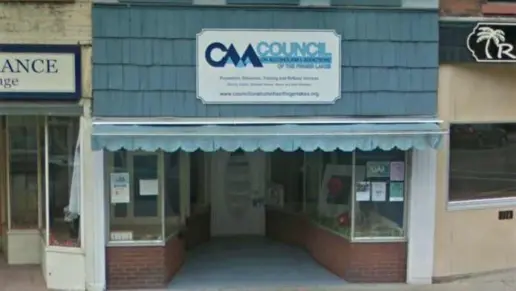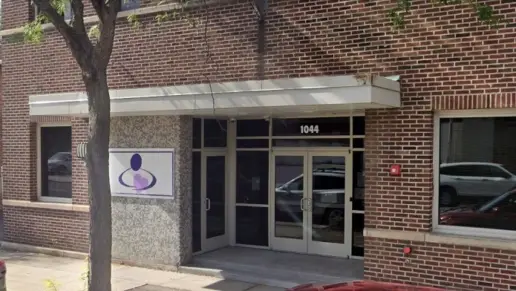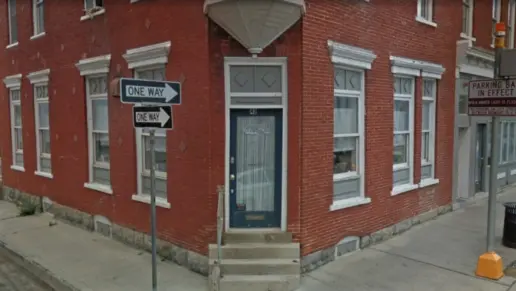They are good, they could do better, no doubt, but they have helped me. I like that the place is always clean. The doctors and staff here are knowledgeable, sadly sometimes they are rude, and that doesn't help the recovery process.
About Bellevue Hospital Center – Detoxification Services
Bellevue Hospital Center–Detoxification Services, is a drug and alcohol rehab for adults in New York, New York. They offer medically supervised detox inpatient care, and aftercare services. Dedicated programs for young adults and persons with hearing impairment are available.
Bellevue Hospital Center–Detoxification Services, in New York, New York, is an addiction treatment center for adults offering medically supervised detox, inpatient care, and aftercare services. They also provide specialized services for young adults and clients with hearing impairments.
Clients undergoing detox in Bellevue Hospital Center’s Detoxification Unit receive round the clock medical supervision and may be prescribed FDA approved medications to ease withdrawal symptoms and prevent potentially serious complications.
The inpatient program at Bellevue Hospital Center–Detoxification Services is designed for clients in early recovery to support the client’s stabilization as they complete detox and prepare to enter post detox treatment. Clients receive 24 hour clinical care, mental health assessments, personalized treatment planning, and comprehensive case management. They engage in intensive psychotherapy and recovery focused education.
The aftercare services at Bellevue Hospital Center–Detoxification Services are designed to facilitate clients’ transition from acute care to inpatient, residential, intensive outpatient (IOP), or standard outpatient programs. Medical, mental health, recovery programs, and social services referrals are included.
Bellevue Hospital Center–Detoxification Services is accredited by SAMHSA. They accept private insurance, military insurance, Medicare, Medicaid, financing, and self pay.
Facility Overview
Latest Reviews
Rehab Score
Gallery
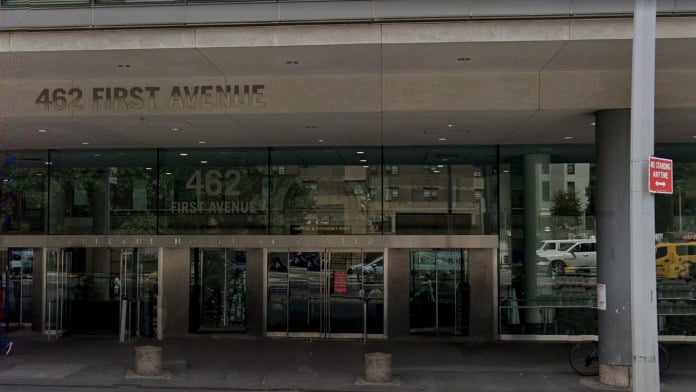
Location
Accepted Insurance
Other Forms of Payment
Medicaid is a state based program that helps lower-income individuals and families pay for healthcare. Medicaid covers addiction treatment so those enrolled can use their coverage to pay for rehab. When a program accepts Medicaid the client often pays very little or nothing out of their own pocket.
Private insurance refers to any kind of healthcare coverage that isn't from the state or federal government. This includes individual and family plans offered by an employer or purchased from the Insurance Marketplace. Every plan will have different requirements and out of pocket costs so be sure to get the full details before you start treatment.
Self-pay involves paying for treatment out of your own pocket. You can use savings or credit, get a personal loan, or receive help from family and friends to fund your treatment. If you don't have insurance or your insurance plan doesn't cover a specific program, self-pay can help ensure you still get the care you need.
Financial aid can take many forms. Centers may have grants or scholarships available to clients who meet eligibility requirements. Programs that receive SAMHSA grants may have financial aid available for those who need treatment as well. Grants and scholarships can help you pai for treatment without having to repay.
Medicare is a federal program that provides health insurance for those 65 and older. It also serves people under 65 with chronic and disabling health challenges. To use Medicare for addiction treatment you need to find a program that accepts Medicare and is in network with your plan. Out of pocket costs and preauthorization requirements vary, so always check with your provider.
Military members, veterans, and eligible dependents have access to specific insurance programs that help them get the care they need. TRICARE and VA insurance can help you access low cost or no cost addiction and mental health treatment. Programs that accept military insurance often have targeted treatment focused on the unique challenges military members, veterans, and their families face.
Addiction Treatments
Levels of Care
Treatments
The goal of treatment for alcoholism is abstinence. Those with poor social support, poor motivation, or psychiatric disorders tend to relapse within a few years of treatment. For these people, success is measured by longer periods of abstinence, reduced use of alcohol, better health, and improved social functioning. Recovery and Maintenance are usually based on 12 step programs and AA meetings.
When you choose drug rehab in New York, you'll participate in a variety of treatments that are designed to help you live a drug-free lifestyle. Common methods of treatment include group, individual, and family counseling, medication management, nutrition, exercise, and management of co-occurring mental health disorders.
Opioid rehabs specialize in supporting those recovering from opioid addiction. They treat those suffering from addiction to illegal opioids like heroin, as well as prescription drugs like oxycodone. These centers typically combine both physical as well as mental and emotional support to help stop addiction. Physical support often includes medical detox and subsequent medical support (including medication), and mental support includes in-depth therapy to address the underlying causes of addiction.
Substance rehabs focus on helping individuals recover from substance abuse, including alcohol and drug addiction (both illegal and prescription drugs). They often include the opportunity to engage in both individual as well as group therapy.
Programs


Clinical Services
Group therapy is any therapeutic work that happens in a group (not one-on-one). There are a number of different group therapy modalities, including support groups, experiential therapy, psycho-education, and more. Group therapy involves treatment as well as processing interaction between group members.
Staff & Accreditations
Staff
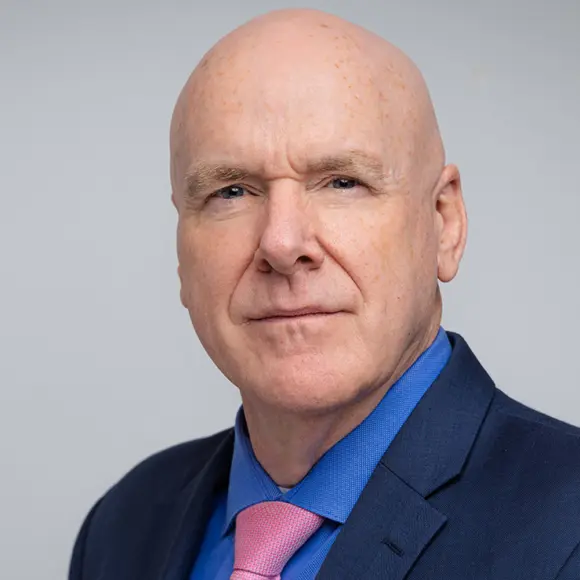
CEO

Chief Medical Officer
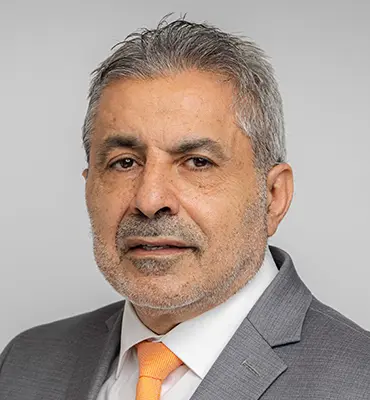
Chief Nursing Officer
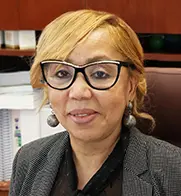
COO

Chief of Psychiatry

Medical Board President & Chief of Medicine

Chief of Human Resources

CFO
Accreditations

The Substance Abuse and Mental Health Services Administration (SAMHSA) is a branch of the U.S. Department of Health and Human Services. Established in 1992 by congress, SAMHSA's mission is to reduce the impact of substance abuse and mental illness on American's communities.
SAMHSA Listed: Yes
Contact Information
462 1st Avenue
New York, NY 10016












